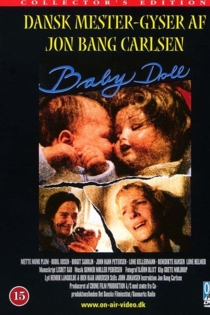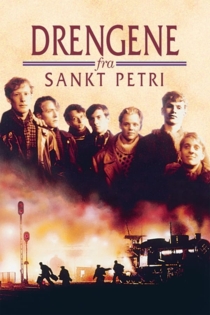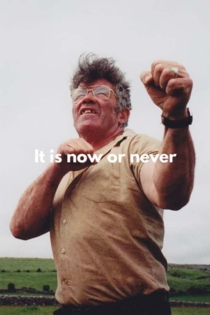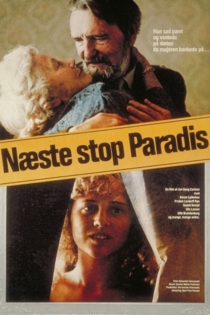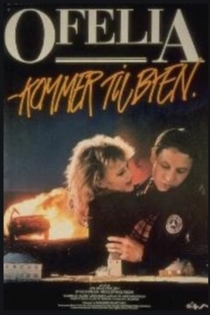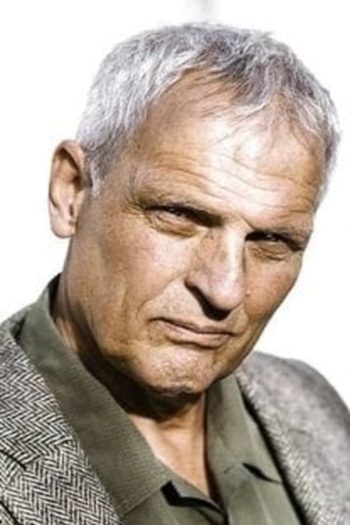
Jon Bang Carlsen
1950 (75 лет)Déjà vu
Jon Bang Carlsen
Jon Bang Carlsen, Stine Bierlich
To what extent does a director stay objective and anonymously hidden behind the camera? The Danish director Jon Bang Carlsen knows for sure that the choices he makes in his films aren’t accidental. Several excerpts from his own work show that events in his personal life have a major influence on his work. In fact, he appears to be using images that he recognizes in particular. It’s a revelation for this filmmaker, who used to think he could stay objective and invisible. Topics such as doubting his faith, his runaway father and impressions from a carefree childhood are recurring themes in his diverse oeuvre. Showing us individual scenes, Carlsen comments in voice-over on the images and muses about his life and work.
Déjà vu
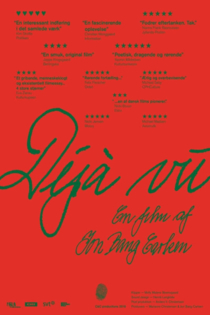
Født til Filmen
Linda Wendel
Stine Bierlich, Ann Bierlich
What are the consequences of a young person to be famous at an early age, being a public person? "Født til Filmen" is about the Danish actress Stine Bierlich's (1967 - 2007) life and career. Through interviews with herself, with her family - Ann Bierlich (mother), Asger Leth (brother), Jørgen Leth (stepfather), friends and people from the film industry it tells us about Stine's life from being a child actress to becoming a celebrated young star of the 80's. The film is a comment on today's worshipping of stars, and how fame has almost become a drug in itself. It’s as if here’s every answer to any doubt. But as Stine's story shows, reality can actually be the opposite.
Født til Filmen
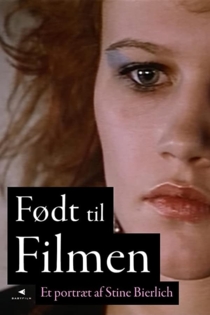
The Element of Crime
Lars von Trier
Michael Elphick, Esmond Knight
Fisher, an ex-detective, decides to take one final case when a mysterious serial killer claims the lives of several young girls. Fisher, unable to find the culprit, turns to Osbourne, a writer who was once respected for his contributions to the field of criminology. Fisher begins to use Osbourne's technique, which involves empathizing with serial killers; however, as the detective becomes increasingly engrossed in this method, things take a disturbing turn.
The Element of Crime
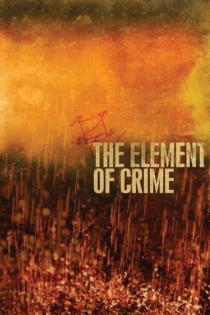
Hotel of the Stars
Jon Bang Carlsen
A documentary comedy about extras in Hollywood and how their dreams reflect the society they live in. The film's stage is an old hotel in the middle of Hollywood. Dilapidated inside as well as outside, but the passing of time hasn't eradicated all traces of an elegant past. Until the beginning of the 1960th the Stars from Broadway lived in Montecito Hotel on Franklin Avenue when they flew in from New York to film at the big studios. But the Stars have disappeared and those who dream about being Stars have moved into their hotel rooms, the extras, the hookers, the pimps, the restless dreamers stuck in a hotel with a dying elevator that slowly drives them crazy.
Hotel of the Stars

Just the Right Amount of Violence
Jon Bang Carlsen
In his new feature film Jon Bang Carlsen inserts the viewer into the affluent suburbs of Los Angeles, a world where families put on a brave face to mask the tension and turmoil at home. The kids are rebelling and the parents doesn’t know how to deal with them. With their parents consent, the children are abducted and bundled into a van which takes them to a reform school in the middle of the desert, in Utah. Blending fact with fiction, Carlsen shows us how parents sometimes achieve control by surrendering it and how fabrications can help us understand real life.
Just the Right Amount of Violence

Addicted to Solitude
Jon Bang Carlsen
Jon Bang Carlsen
I traveled to South Africa to find a white family living on a desolate farm. I wanted to film how they faced the new days of equality after the fall of Apartheid. But I soon lost my way both on the endless roads and in my way. Instead, the film became a story about two very different women who both experienced a tragic loss in the midst of a white community not too fond of the future.
Addicted to Solitude
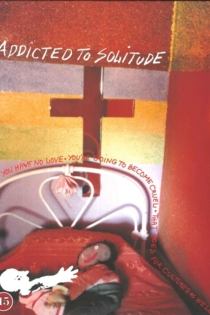
The Banality of Grief
Jon Bang Carlsen
Since the 1970s, the travelling and extremely productive film poet Jon Bang Carlsen has created an extensive body of work with a creative and personal look at the world, with the staged documentary as his preferred form. When his beloved wife passes away, he reaches for filmmaking as a way to give his grief a form. ‘The Banality of Grief’ is a cinematic love letter to a loved one and to the places where they shared their lives for 35 years. South Africa, the USA, their shared home by the water. The boundaries between past and present end in an impressionistic and deeply personal film, where existential and artistic thoughts are countered by new impressions, which testify that life is the greatest of them all. Jon Bang Carlsen is a rare and precious figure in Danish cinema. An adventurer with an ever-recording camera, who directs his gaze outwards even when his thoughts are turned inwards.
The Banality of Grief
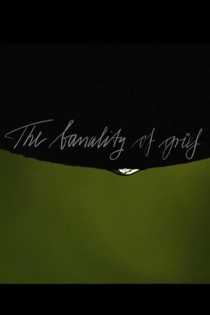
My African Diary
Jon Bang Carlsen
The film follows Hjalmar and Simon, the director’s sons, on a journey of discovery through a foreign land. The family has moved to South Africa, not long after the end of the rigid white apartheid regime, which brutally oppressed the country’s black population.
My African Diary
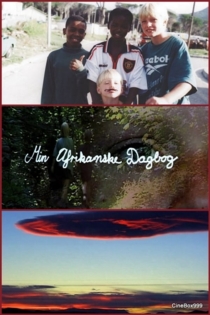
Drømme støjer ikke når de dør
Christian Braad Thomsen
Kai Holm, Karl Stegger
It has hardly been seen before that a 83-year-old actor has starred in a Danish film, but it is the case here, where Kai Holm says goodbye to a long life in film and theater service. He plays an old peasant who on his deathbed is waiting for his son (Jon Bang Carlsen). In a few days he relives the village life, he comes from, and which was marked by a hard and authoritarian upbringing. He is at his father's deathbed despair because it is still impossible to make contact, and in a crisis situation, he recognizes his father's brutality in itself. The film draws a bitter picture of human relationships where dreams while they die, degenerates into power relations.
Dreams Don't Make Noise When They Die

Baby Doll
Jon Bang Carlsen
Mette Munk Plum, Birgit Sadolin
A young woman goes on a vacation at an old farm, which once belonged to her deceased grandmother. Childhood traumas and the memories of her strict and authoritarian grandmother haunts the young woman and leads her to scary delusions and a mental breakdown.
Baby Doll
